Meet Tom Sarge, a beacon of resilience and expertise in the world of trauma therapy, especially admired for his work with First Responders and Veterans. Despite a personal setback that prevented him from serving in the military like his ancestors, Sarge found his calling in mental health, adopting a nickname that hints at a lifetime of informal leadership. At the heart of his therapy is Eye Movement Desensitization and Reprocessing (EMDR), a technique he describes almost reverently, stressing its transformative power in treating PTSD symptoms.
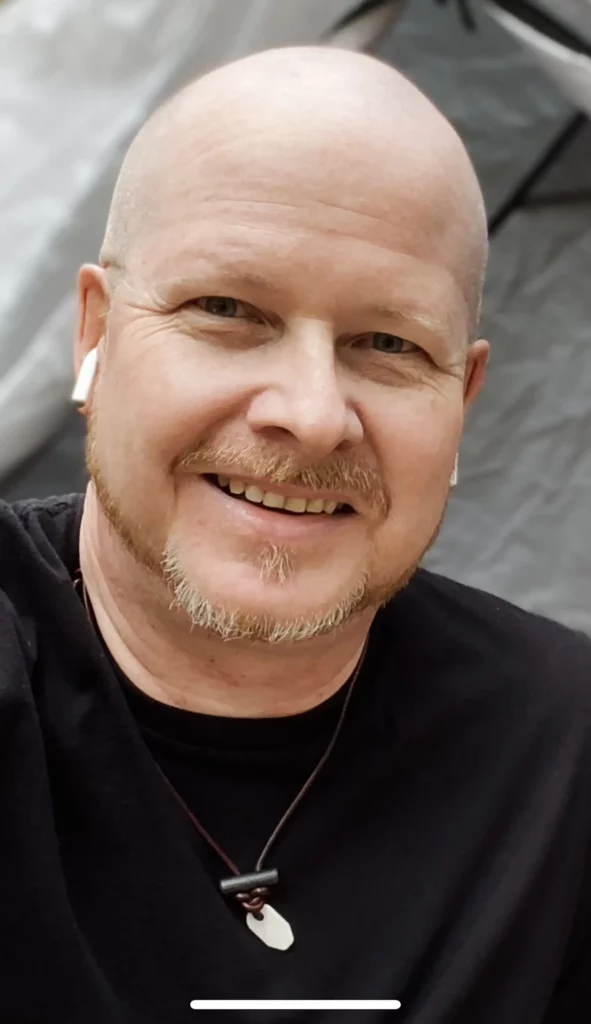
Prepping With Sarge
Each day, Sarge navigates a series of intense sessions aimed at dismantling the burdens of trauma, employing strategies from narrative therapy to cognitive behavioral approaches. His days are meticulously balanced with self-care rituals—hiking, gaming, and quality time with family—to maintain his own mental health, a cornerstone he emphasizes for longevity in his field.
As he contemplates the future, Sarge envisions continued advocacy and education, perhaps even authoring books to share his wealth of knowledge. His story is a compelling reminder of the profound impact compassionate, dedicated therapy can have on individual lives, echoing his belief in the transformative power of understanding and treating trauma not just as a clinician, but as a fellow human being.
You can keep up with Sarge at:
- YouTube: @PreppingWithSarge
- Twitter (X): Prepping With Sarge
- Instagram: @Prepping_With_Sage
- Facebook: Prepping With Sarge YouTube Channel
He is also growing a new YouTube channel @OfficialMentalHealthMatters
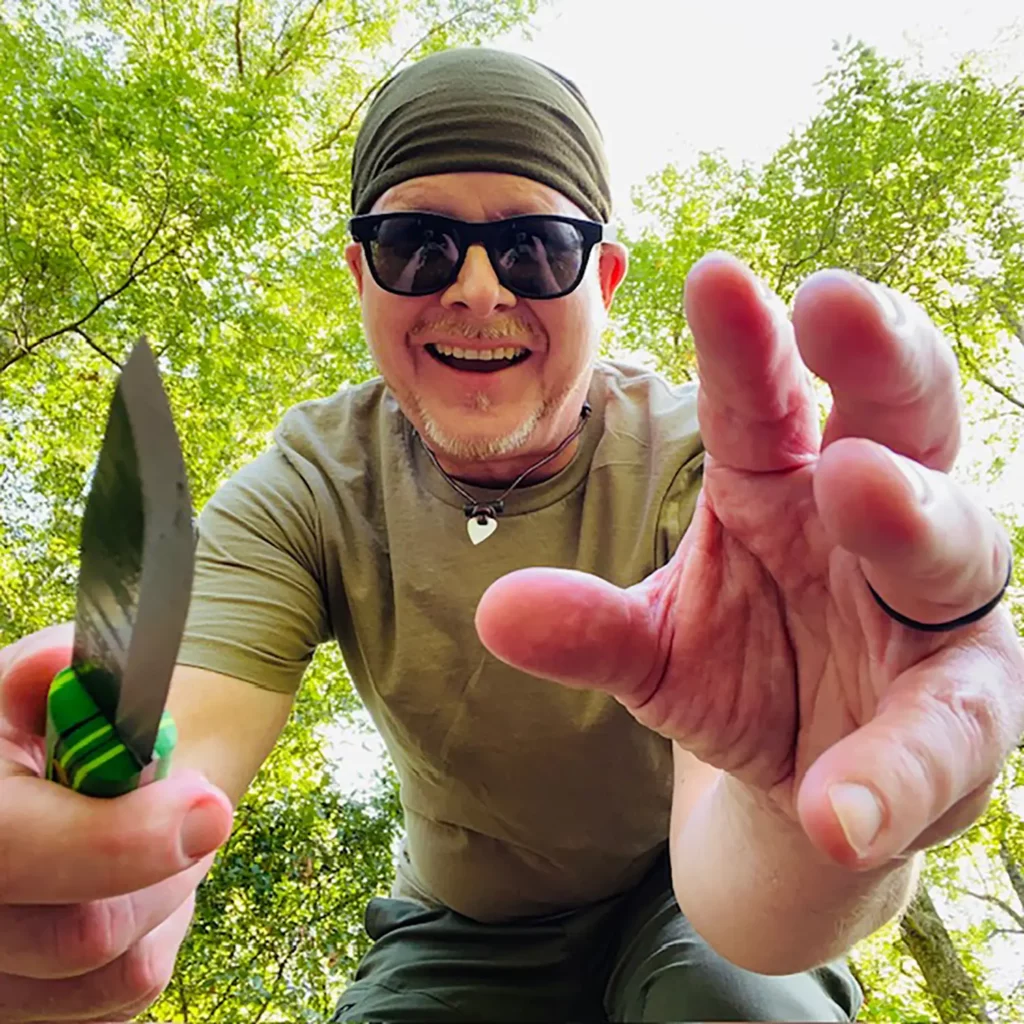
Tom Sarge Highlights
- Master’s Degree
- Licensed for Independent Clinical Practice
- Certified to provide Licensure Supervision (clinical mentorship while new clinicians work towards their Independent License)
- EMDR Trained
- Structural Family Therapy & Case Management trained
- Specialize in Motivational Interviewing (another therapy modality)
Needless to say, Tom Sarge wields a plethora of skills and information that have been transformative to countless individuals who place themselves in harms way on our behalf. To get a better understanding of this benevolant helper of humanity, we took some time to explore Sarge’s background and experience.
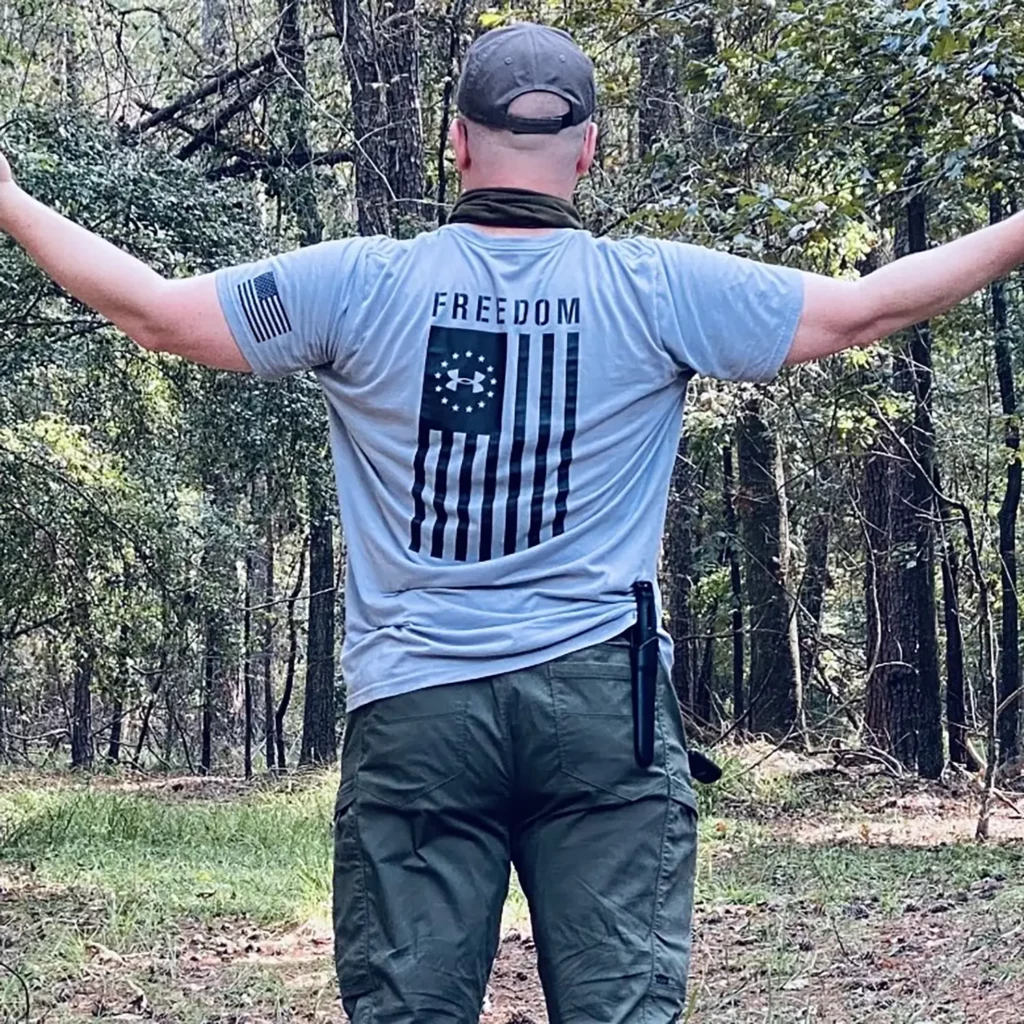
Interview With Sarge
Vargöld: Could you tell us about your journey into trauma therapy? What drew you to this field?
Tom Sarge: I’ve actually worked in a lot of different sectors of mental health, but most recently in my career I started working with our First Responders and some Veterans using a combination of trauma modalities, including EMDR. Being able to help our nation’s heroes is so rewarding, they do so much for the rest of us, it’s an honor to give back to them. I had family in law enforcement and the military, but wasn’t able to serve myself due to a medical issue. I wanted to get into Psyops after graduate school. “Sarge” is just a nickname that was given to me when I was 19 years old, but since I didn’t get to serve like my father before me, being able to serve our heroes in this way feels very rewarding.
What has been one of the most rewarding experiences in your career as a trauma therapist?
A few of the men and women I have worked with came in after trying to fight their mental health demons on their own. By the time they reached out, they were on the verge of losing their home, their family and their jobs. Seeing them learn to reduce (and in some cases eliminate) their symptoms and regain their life is amazing! Very few things can compare to seeing someone go from feeling hopeless to having their family, job, and mental health back.
What does a typical day look like for you as a trauma therapist?
I work for someone else, so I check in with team needs first, then over the course of day I see about 6 or so patients. Some days we do heavy and intensive trauma work such as EMDR or Trauma Informed Cognitive Behavioral Therapy. In these “heavier” sessions, we often have to work through the narrative of “what happened?” The goal is to relieve some of the compartmentalized emotions, to desensitize the memory intensity, and to reprocess memory cognitions with a better adaptive resolution. That’s a lot of technobabble for “releasing the ownership of the trauma.” In some other sessions we are simply developing coping skills for managing the symptoms. I also see a few couples working on saving their marriage, and a few children of First Responders. Generally I end my day at 5:00 PM and spend the rest of the night with my wife and pets.
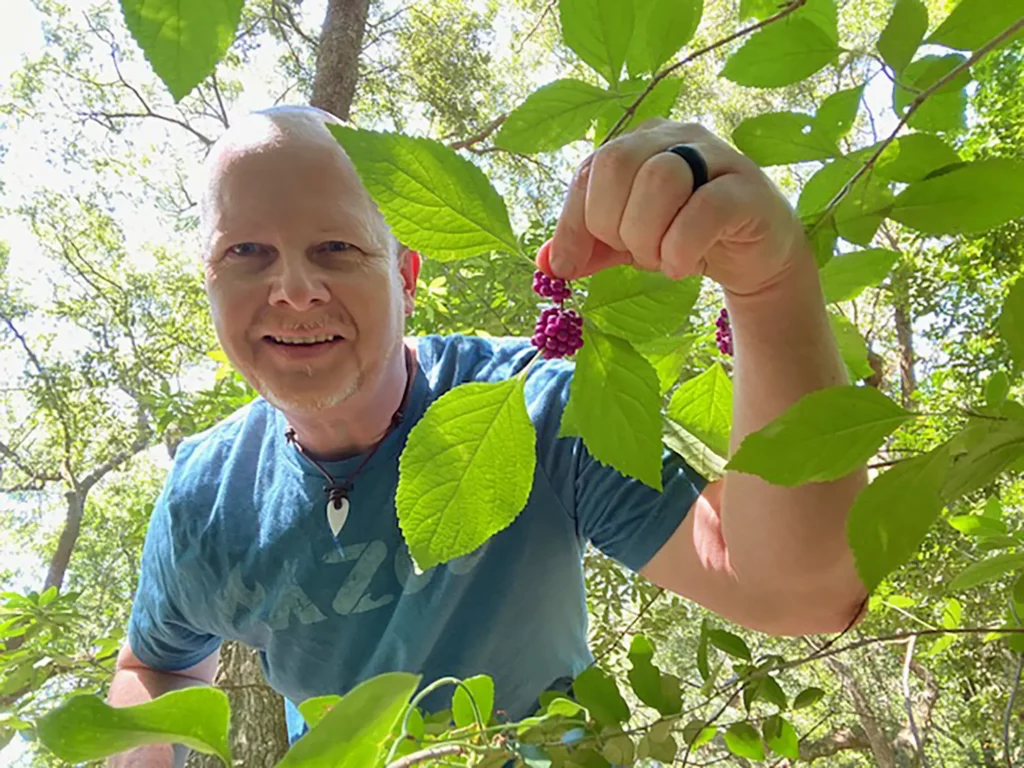
Are there specific routines or practices you find essential for maintaining your own mental health?
Yes! This is a big struggle for new clinicians. When I went to graduate school, our instructors warned us that ⅔ of our graduating class would leave the field within 3 years. The key to longevity in this field is to have good personal boundaries, good self care, and to ask for help when we need it. Most of the people I graduated with have left the field because they didn’t do those things. I make time for myself… hiking, camping, video games. I don’t take emergency calls on nights and weekends (we have a separate team for that), and I go seek a therapist every few years when my own issues are causing me problems.
Can you discuss one of the biggest challenges you’ve faced in your practice? How did you overcome it?
The biggest challenge in our field is that we still have an insurance system that is designed around saving money, not helping people to be healthy. I don’t have a solution for that, but we certainly advocate for the best services for our patients. I wish I could tell you that we always win.
What has been one of the most surprising things you’ve learned from working with trauma survivors?
People surprise me every day. The treatments today are so much better than they were 25 years ago, so in many cases, my patients have been able to get PTSD symptoms down to near-zero. EMDR especially has been a game-changer. I wish we could go back in time and teach all the therapists from the 1970s, 1980s, and 1990s EMDR. Nothing else that I have used in my career has been as effective as EMDR.
How has your approach to treating trauma evolved over the years?
I suppose learning how to use EMDR had been the biggest game changer. It stands for Eye Movement Desensitization and Reprocessing. It sounds strange when you describe it to people but it is amazing. By stimulating both hemispheres of the brain in coordinated patterns with eye movement similar to REM during dream sleep (or bilateral tapping/buzzers) the patient and therapist are able to work within a mental State that seems to allow subconscious, conscious, and long term memory to be accessed simultaneously while giving the patient more control over their own fight/flight/freeze response. This feels vivid but remains safe as the patient is not under hypnosis and can stop at any time. While in this State the therapist and patient can desensitize to the memory, identify cognitive stuck points, and reframe any thoughts that are causing lingering and intrusive symptoms (such as flashbacks and nightmares). It doesn’t seem to work for everyone sadly, but when it does, the results can be life-changing.
Could you share your philosophy on healing and how it influences your therapy methods?
There is a deep mind/body connection. We all trap emotional pain inside our bodies, but often we hold onto things that are not really ours to hold. It’s not a conscious choice, it has to do with our core beliefs, our previous life experiences, and our cognitions at the time of trauma. When I can get a patient to let go of a cognitive distortion such as “it was my fault” then I know they have a good chance at reducing or maybe even eliminating symptoms.
And that is not exclusive to First Responders and Veterans. We all do it. Very few will get through life without being exposed to trauma, and each of us will deal with it differently. But when we trap that inside of us, compartmentalizing it instead of processing and grieving, or maybe if we attach some kind of cognitive distortion such as “I have to be perfect or people will die, and that’s my fault”… those things tend to cause symptoms over time. Maybe it’s just a little agitation when triggered, or maybe it is a full on flashback.
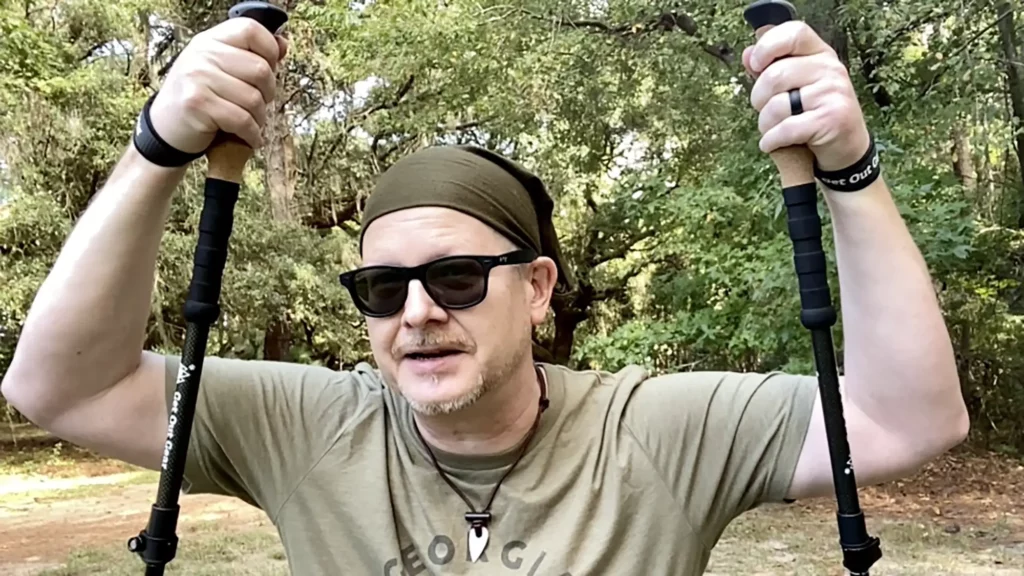
Without revealing personal details, can you share a story where you feel your intervention significantly changed a client’s life?
Too many to list, but talking someone into putting the gun down instead of shooting himself in the head was pretty intense.
How do you measure success in your work with clients?
It really depends on what THEY want to get out of it. Some people don’t want to dig deep into their trauma stories, I respect that. If they just want to learn some coping skills to mitigate symptom intensity, I will give them that. Or maybe someone isn’t ready to give up smoking weed because it helps them sleep without nightmares… we need to meet patients where they are at. I measure success by did THEY get what they wanted out of therapy.
What advice would you give to someone considering trauma therapy?
Don’t hesitate. Treatments are so much better than they were 20 years ago. No need to suffer alone. And sharing it with a trauma therapist won’t hurt us. After 25 years there is very little I have not already heard. I don’t have nightmares or bring their stuff home with me. Or rather… I should say, on the rare occasion I DO have nightmares, it’s because of MY stuff, not theirs. Seriously, don’t hold back to protect the therapist. If you are truly worried, ask for a trauma therapist who has worked with your type of trauma before.
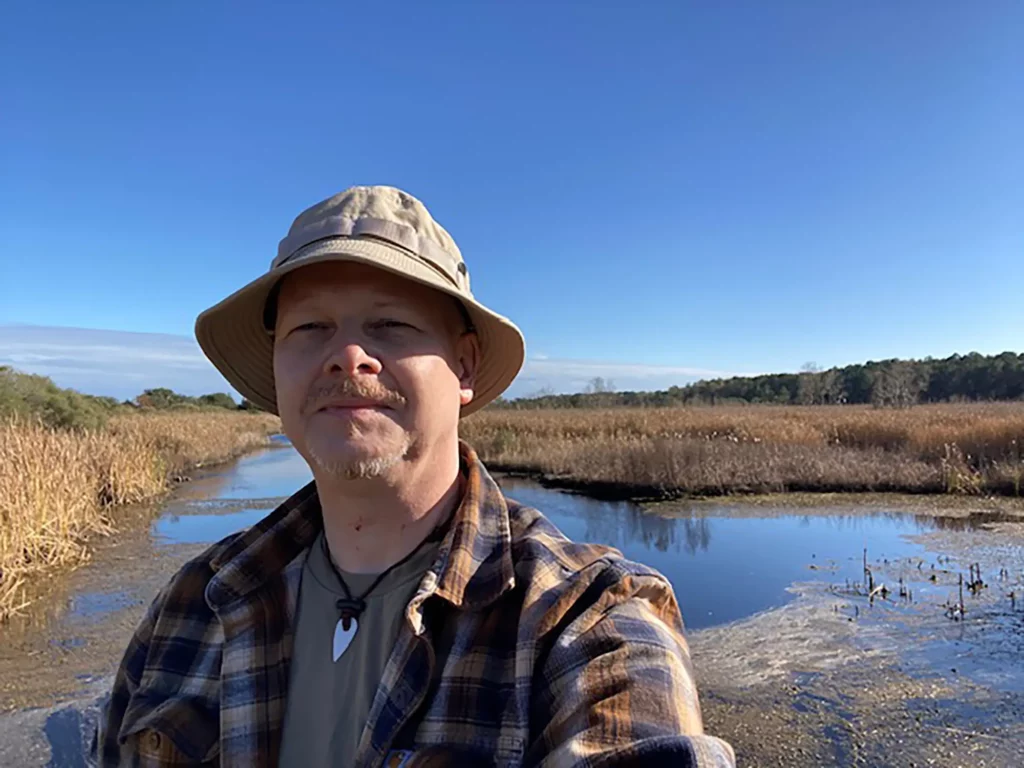
Are there any misconceptions about trauma therapy that you frequently encounter?
Yes! Most of my patients choose NOT to take meds. Your therapist should respect that. That’s not to say I am anti-medications. Sometimes they can be the biggest help. But the patient should get the final say on what they put in their body.
Who are your role models in the field of psychology and therapy?
I trained with Dr. Sal Minuchin years ago. I also greatly admire Francine Shapiro and Theresa Moyers.
Are there books or authors that have greatly influenced your approach to therapy?
Two that I would greatly recommend:
- Set Boundaries, Find Peace: A Guide to Reclaiming Yourself by Nedra Glover Tawwab
- Getting Past Your Past: Take Control of Your Life with Self-Help Techniques from EMDR Therapy by Francine Shapiro
What are your aspirations for the future, both in your professional life and any personal goals you might be willing to share?
For the time being I plan to stay where I am and working with the First Responders, I love my work there. I also do a lot of public speaking, consulting and training.
I’m sure I have a self-help book in there waiting to be written one day, and probably a workbook for therapists and patients.
When I retire I might write a memoirs book about the macro system of mental health and what needs to change if we REALLY want to deal with the mental health crisis in this country. For now.. best not to get me started on this topic unless you want me to talk your ears off.
How do you see the role of online platforms in the future of mental health and therapy?
Virtual telehealth is a great option for people with busy lives or who simply can’t get to an office. If someone is able to get seen in an office though, I recommend they try that. I offer both, but I do my best work when I can sit in the same room as my patients and help them venture into the dark cave to slay their demons together.
Is there anything else you would like to share with our audience?
Well, in addition to being a therapist, I am a Prepper and Survivalist. A lot of that was learned growing up from my Dad, who was an 82nd Airborne Paratrooper, and my Mom, who was a gardener who grew up in extreme poverty. Later I picked up skills in Boy Scouts, and most recently continue my training at events like Georgia Bushcraft where I can learn from Gurus like Carley Fairchild and Dr. Mark Merriwether Vorderbruggen!

Closing Thoughts
During this exploration of Tom Sarge’s remarkable journey and innovative approach to trauma therapy, we’ve encountered a professional deeply committed to both his craft and his clients. Sarge’s profound understanding of trauma and its effects, paired with his mastery of EMDR and other therapeutic techniques, showcases his ability to transform lives through dedicated care and genuine empathy. His unique blend of professional skill and personal experience not only enlightens but also provides a beacon of hope for those struggling with trauma. Whether through his YouTube channels or in the therapy room, Sarge continues to demonstrate the powerful impact of compassionate therapy. As we’ve journeyed through his story, it’s clear that his work isn’t just about managing symptoms—it’s about empowering individuals to reclaim their lives, making him a true advocate in the landscape of mental health.
Want to learn directly from the man himself? Well you’re in luck! Level up your mind-over-matter skills by signing up for his course, Keeping Calm During Emergencies.
Before You Go!
Enhance your survival and self-reliance skills before attending an in-person course:
- Online Survival Courses: Dive into a range of topics with our comprehensive online courses.
- In-Person Training and Gear: Explore survival and self-reliance training companies, and stores that sell great gear.
- Gear Store: Gear up with the latest equipment from our ever-growing selection.

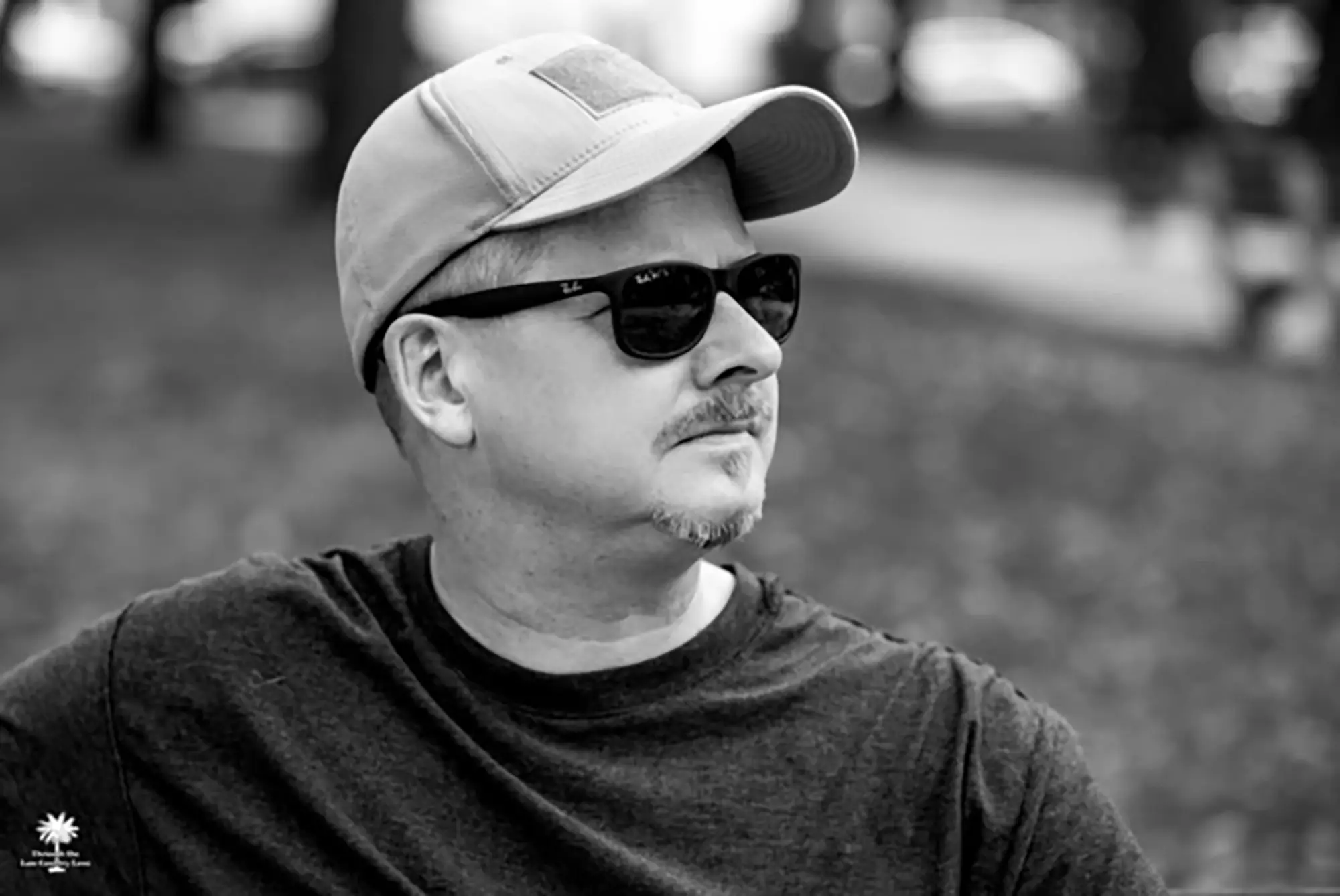
Leave a Comment